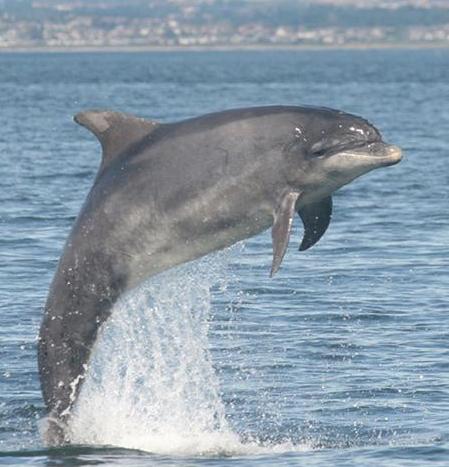Deepwater Horizon oil spillage ‘killing huge numbers of dolphins’
Large numbers of dolphins have died as a direct result of the Deepwater Horizon oil spill, new evidence suggests. Dead bottlenose dolphins stranded in the northern Gulf of Mexico since the spill have lung and adrenal gland injuries consistent with petroleum exposure, scientists have discovered. High numbers of dolphin deaths had already been reported within the oil spill’s footprint, but the new findings are the strongest so far linking them to the environmental disaster. Deepwater Horizon was a semi-submersible off-shore drilling rig which exploded and sank off the coast of Louisiana in April 2010. It left oil gushing from the sea floor for 87 days, causing the world’s worst accidental oil spill at sea.
Animals with adrenal insufficiency are less able to cope with additional stressors in their everyday lives, and when those stressors occur, they are more likely to die.
Dr Stephanie Venn-Watson, National Marine Mammal Foundation
The rig’s operator BP, responding to the report’s findings, denied the spill was responsible for a rise in dolphin deaths. In 2011, a health assessment of living dolphins in Barataria Bay, Louisiana, which was severely polluted after the spill, showed they were in poor health and afflicted with adrenal and lung disease. This coincided with unusually high numbers of marine mammal deaths in the Gulf of Mexico and record numbers of dead bottlenose dolphins being found stranded on beaches.
These dolphins had some of the most severe lung lesions I have ever seen in wild dolphins from throughout the US.
Dr Kathleen Colegrove, University of Illinois

Science Dolphin deaths